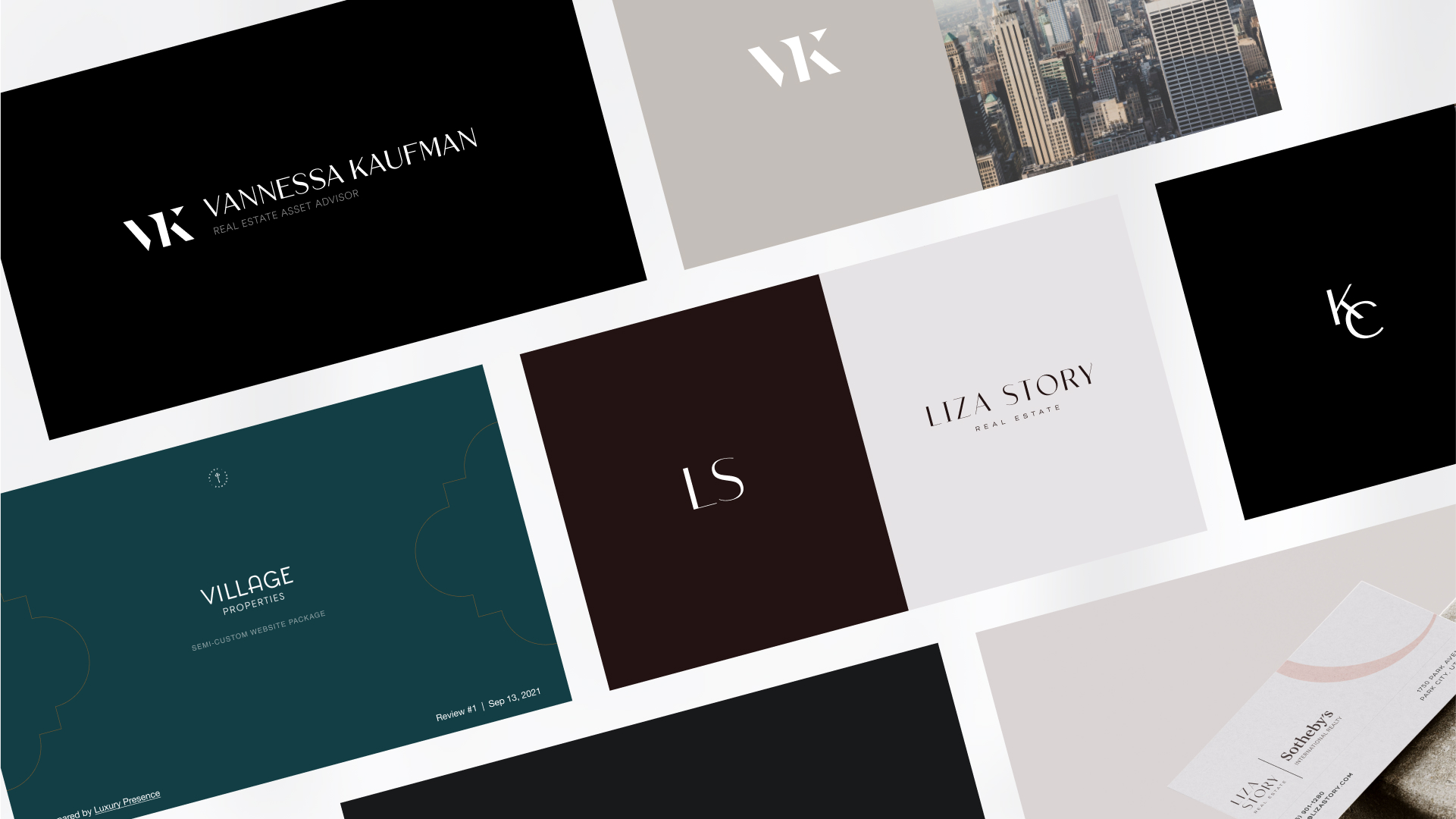Investing in luxury real estate has increasingly become a preferred path for astute investors seeking to diversify their portfolios. As the demand for premium properties continues to rise, savvy buyers are recognizing the opportunity for substantial profits while also embracing the lifestyle that comes with owning luxurious real estate. The allure of opulent homes, breathtaking views, and prime locations presents a unique chance to not only secure an asset but also to relish in an exquisite way of living.
In a market where traditional investments may fluctuate, luxury real estate differentiates itself as a comparatively stable asset category. Top-tier properties in sought-after locations often appreciate over time, providing investors with both monetary security and the opportunity to make a statement. Regardless of whether it’s a penthouse overlooking a vibrant city skyline or a vast estate nestled in the hills, investing in luxury real estate is a wise choice for those looking to combine luxury with financial gain.
Market Trends in Luxury Real Estate
The current luxury real estate market has gone through notable shifts in recent years, driven by changes in consumer preferences and economic factors. High-net-worth individuals are progressively interested in not just traditional luxury homes but also unique experiences and amenities. Properties that offer a blend of privacy, sustainability, and state-of-the-art technology are sought after. This trend indicates a shift from mere opulence to a concentration on quality of life and personal well-being.
Urban areas continue to be hotspots for luxury real estate investments, yet there is a growing interest in suburban locations as remote work transforms living preferences. Many affluent buyers are looking for larger homes with outdoor spaces, leading to a increase in luxury property sales in these regions. This shift presents a valuable opportunity for investors to look into emerging markets outside major metropolitan areas, which may offer considerable growth potential in the coming years.
In addition, the global pandemic has intensified the desire for properties that accommodate remote work and leisure activities. Features such as home offices, gyms, and private outdoor spaces are now essential considerations for buyers. As the luxury real estate market evolves, investors should be mindful to these preferences, as they can inform purchasing decisions and maximize return on investment in a competitive landscape.
Capital Allocation Tactics for Profitable Outcomes
Investing in luxury real estate calls for a calculated strategy that balances risk and gain. One proven strategy is to focus on geographic location, as prime areas tend to sustain their worth more consistently over the years. It's important to investigate neighborhoods that have shown reliable appreciation and have attractive amenities, such as proximity to schools, restaurants, and cultural attractions. By spotting emerging hot spots early, investors can capitalize on potential price appreciation before the market fully realizes the area’s potential.

Another key to prosperity is understanding the market dynamics unique to luxury properties. This segment often functions differently than the general real estate market, with special buyer drivers and seasonal fluctuations. Investors should stay informed about luxury market reports and join industry events to network with other professionals. Building relationships with local real estate agents and property managers can offer key perspectives and opportunities that may not be accessible to the typical investor.
Finally, diversifying within the luxury sector can mitigate risks linked to market fluctuations. Consider investing in different types of luxury properties, such as vacation homes, high-end condominiums, or multi-family units in wealthy areas. This variety can provide a safety net during economic slumps and take advantage of different income streams. Additionally, looking into co-investment opportunities or partnering with other investors can enhance purchasing ability and access to exclusive real estate opportunities.
Challenges and Benefits of Luxury Property
Placing funds in high-end properties offers the potential for significant rewards, particularly in terms of value increase and rental income. Luxury properties often draw wealthy buyers and tenants, which can lead to greater returns compared to conventional real estate investments. The need for high-end homes tends to remain robust, even during recessions, making them a comparatively secure investment option. Additionally, luxury real estate can provide multiple tax advantages, such as depreciation and deductions for mortgage interest, further enhancing returns.
Nevertheless, investing in luxury property is not without its challenges. The market can be volatile, and economic fluctuations can impact sales and rental demand. It is also crucial to acknowledge that high-end properties often require substantial maintenance and oversight, which can reduce profits. Investors must be ready for the possibility of longer empty times and the reality that luxury properties generally require more time to move than their lower-priced counterparts.
To thrive in this realm, investors should tackle luxury real estate with careful planning and research. Grasping luxury real estate barcelona in the market, the regional economy, and the distinct characteristics that attract affluent buyers can guide better investment decisions. Taking the time to evaluate properties and network with seasoned professionals in the luxury sector can reduce risks and enhance the potential for lucrative returns, making high-end real estate an enticing playground for the astute investor.
